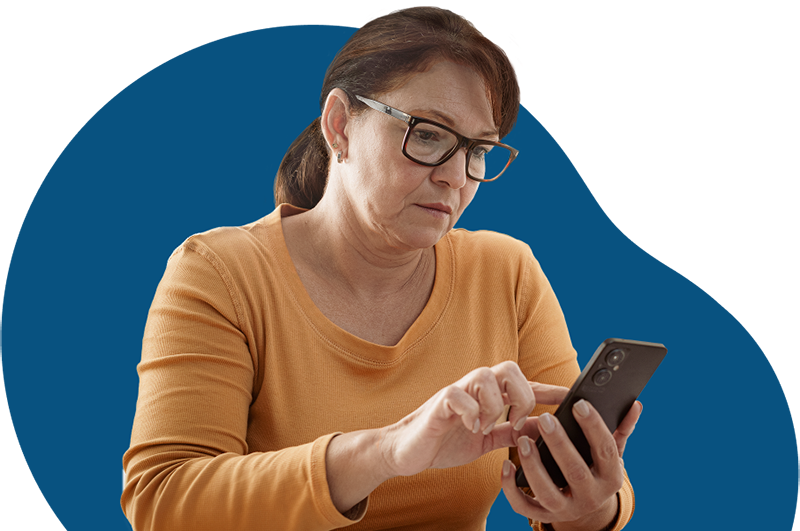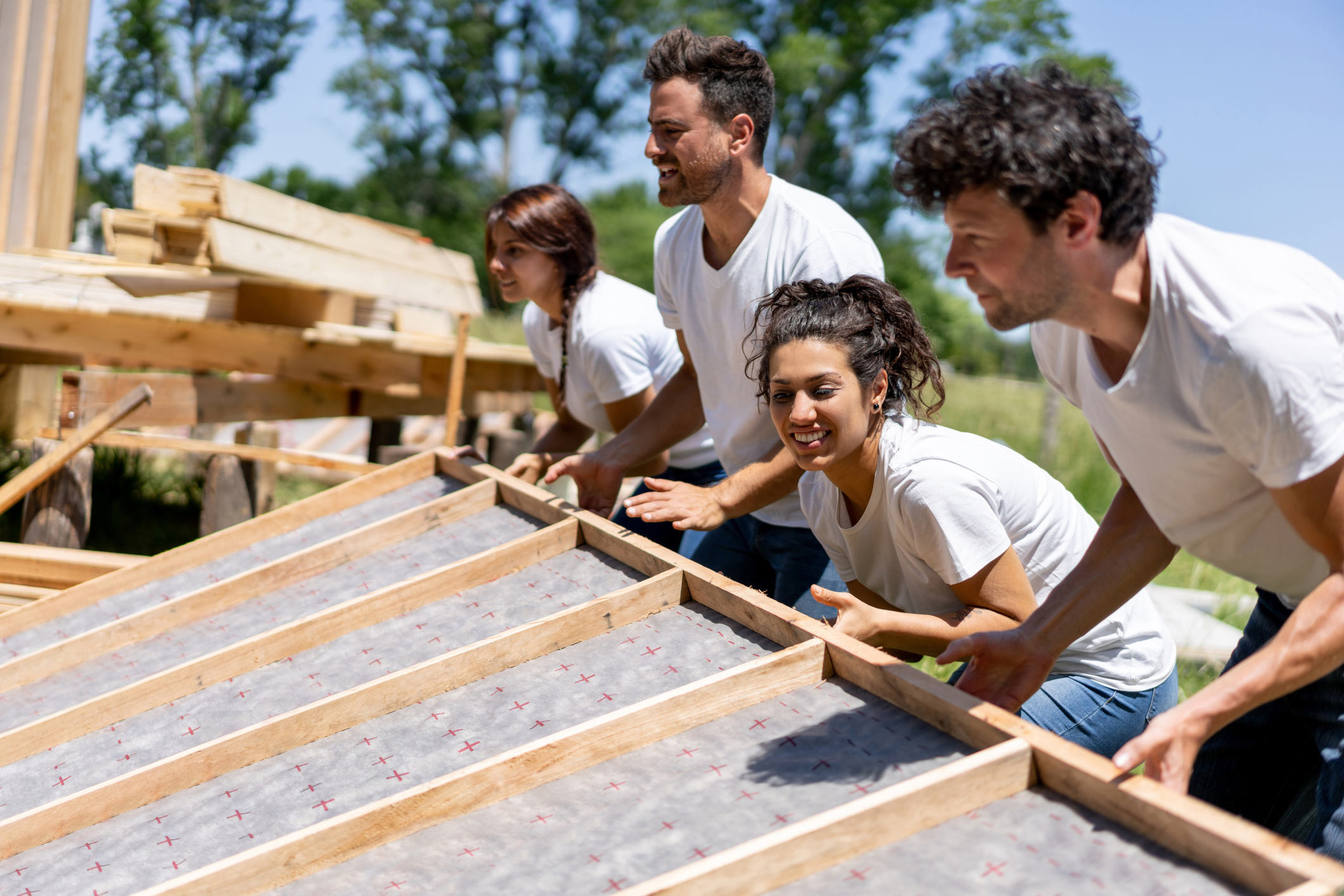
Disaster Help Frequently Asked Questions
Find answers about what to do if a disaster impacts your home. If you don't see your question here, please call 855-HERE2HELP (855-437-3243855-437-3243) or make an appointment with a housing counselor.
Get help and counseling
Protect yourself from scams and misinformation
Fannie Mae is here to help
Fannie Mae is here to help. If a disaster has impacted you and you need to report a problem or a concern with your servicer or the assistance you’ve received, please call us directly at 800-2FANNIE (800-232-6643800-232-6643) extension 4.





